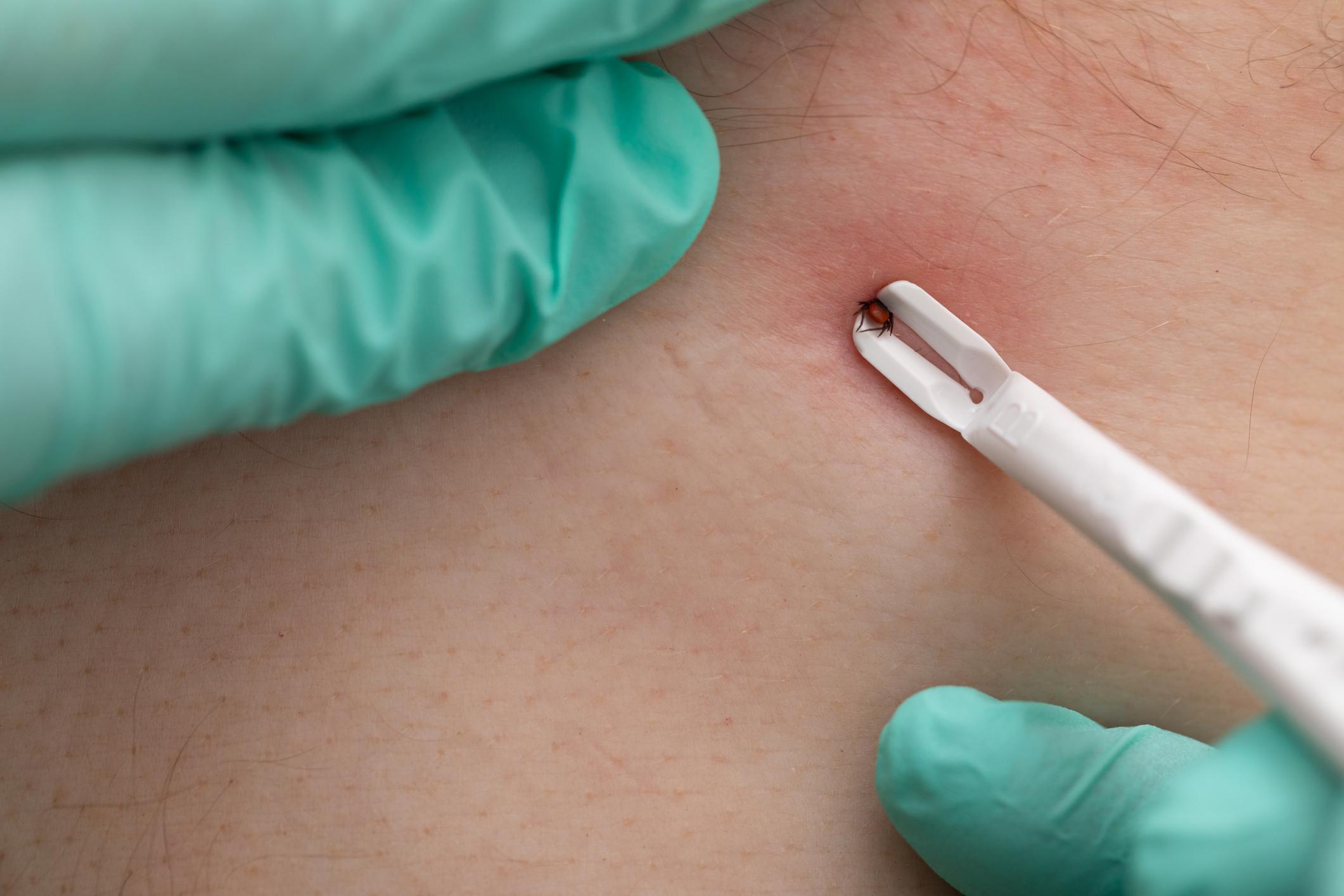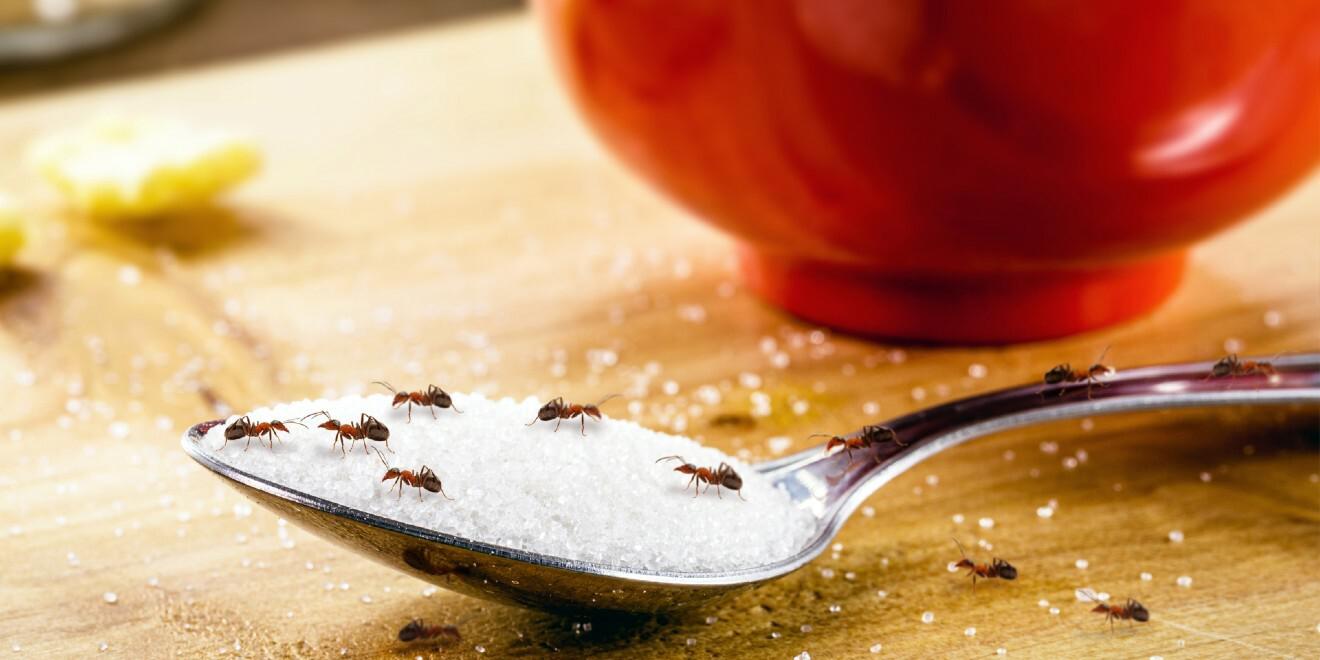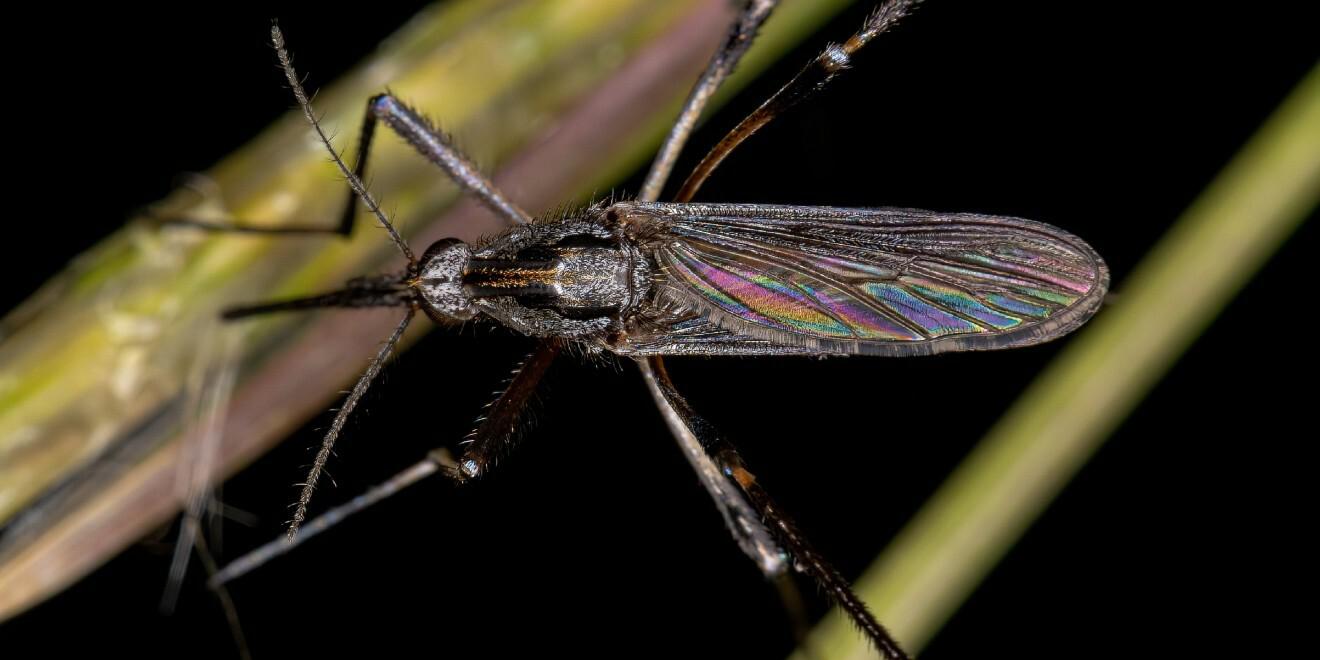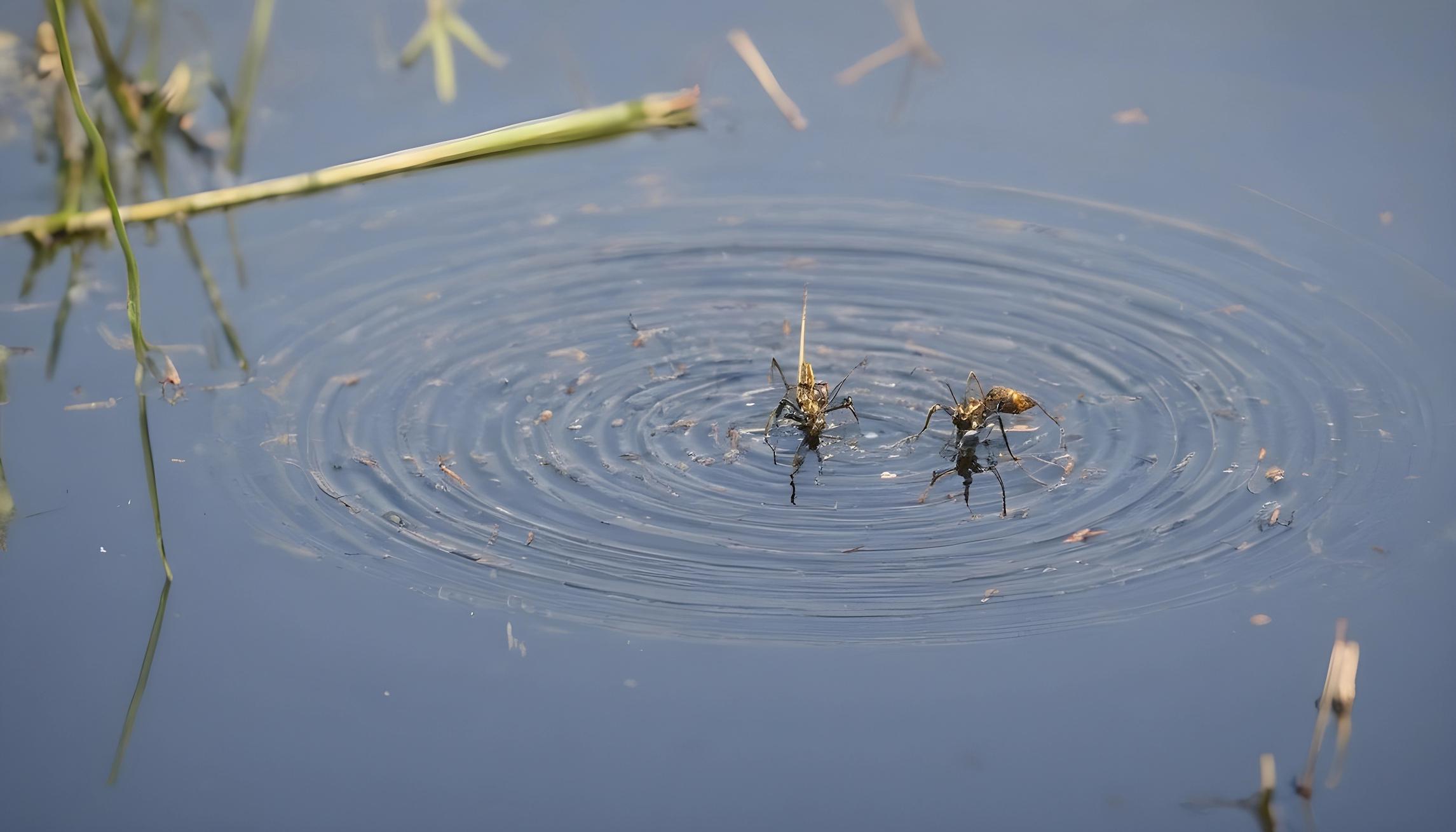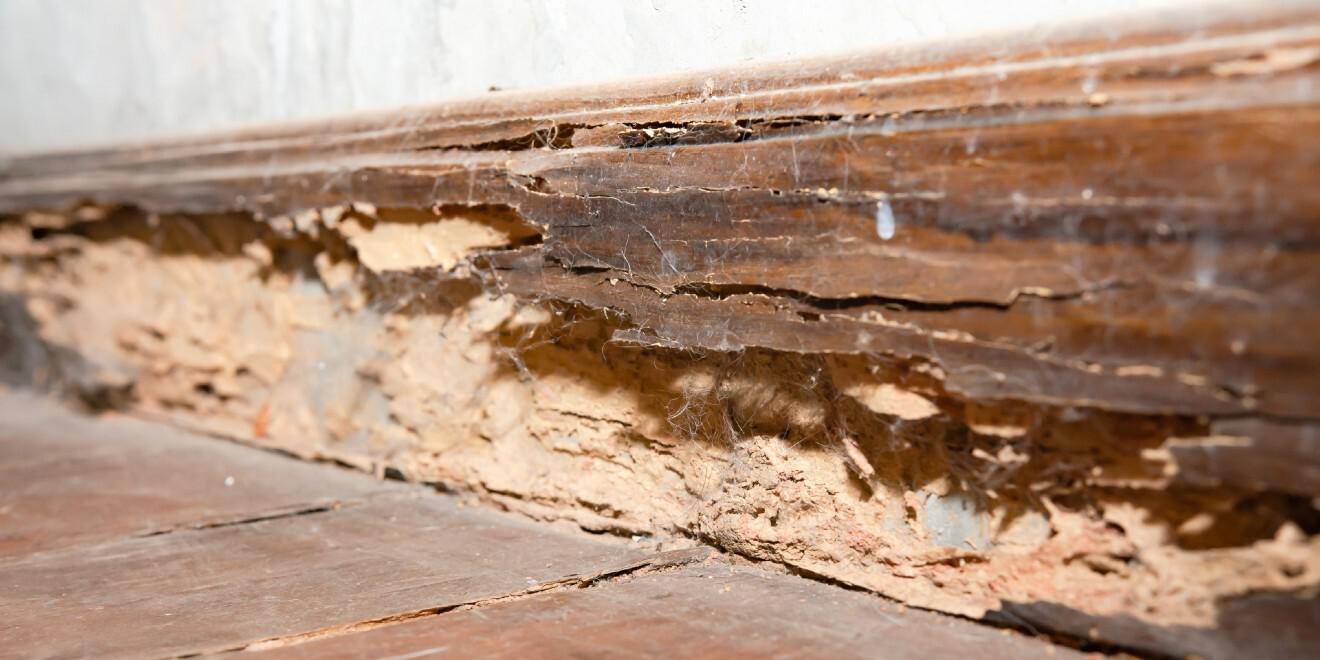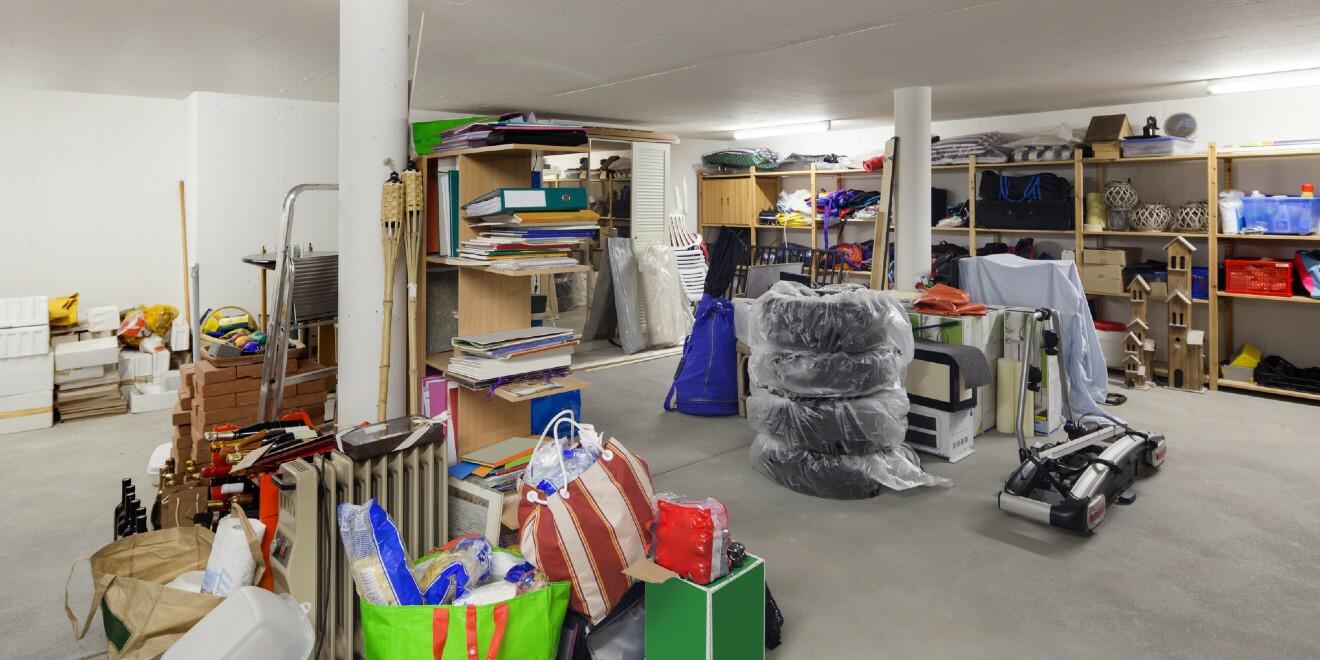Why your Lake St. Louis Friends May Have Fewer Mosquitoes than You in the City or Suburbs
Posted by Mosquito Squad
December 20, 2023

You hear it from us, the news, and probably a few friends every year, “dump your standing water.”
If you have a small container, kids’ toy, dog dish, clogged gutter or another item that can hold a bit of water, it can support the growth of hundreds and thousands of mosquitoes. We offer you the 7 Ts of mosquito control to help you find all those hidden sources, but have you ever wondered why your friend on Lake St. Louis doesn’t have an excessive problem with a whole lake full of water?
Still and Standing Water vs. Lake and Pond Water
The mosquito life-cycle includes four stages:
- Eggs
- Larvae
- Pupae
- Adult
 The first three stages of life for a mosquito are spent in that standing water you forgot to dump out of the watering can.
The first three stages of life for a mosquito are spent in that standing water you forgot to dump out of the watering can.
Mosquito Eggs
Eggs float on the top of the water in little bitty rafts. If you look closely, you will see what looks like a little fuzzy or a cluster of pollen or dust. Those are mosquito eggs.
Mosquito Larvae
Once they hatch, they are now in the larval stage. They do NOT breathe water, so they have to stay at the surface to breathe the air, much like a whale. During this stage, if you observe the water you left out, you’ll notice tiny little wrigglers. As you approach, larvae duck down under the surface as if you were a predator.
Mosquito Pupae
While in the pupae stage, the mosquitoes continue to hang out at the surface of the water breathing air through their breathing tubes. They also dive down when someone or something approaches.
Speaking of predators.
In a moving body of water such as a stream, it is a challenge for the egg rafts and larvae to survive, because of their inability to find stability at the surface of the water where they can breathe.
In large bodies of water – which also move – but not as fast, mosquitoes have a more threatening challenge. Frogs, fish, birds, spiders – just name it and it probably eats mosquitoes, adult, larvae, and pupae. So, while it may seem such a large amount of water would help nourish MORE mosquitoes, the other wildlife counteracts the effect.
Adult Mosquitoes
Altogether, a mosquito can develop from an egg through all the life stages, and emerge out of the water as an adult mosquito in as little as 2-3 days when the conditions are just right (think hot and wet summer weather). On average it takes 8-10 days for a mosquito to develop into an adult.
In either case, when you consider a female mosquito lays 100-200 eggs at a time, it doesn’t take long for a handful of mosquitoes to become hundreds. And, roughly half of those eggs that make it to adulthood will be female, who will also begin the reproduction process.
In addition to keeping standing water out of your property, you can also add professional mosquito control services to your summer to-do list. Call today for a free quote.










